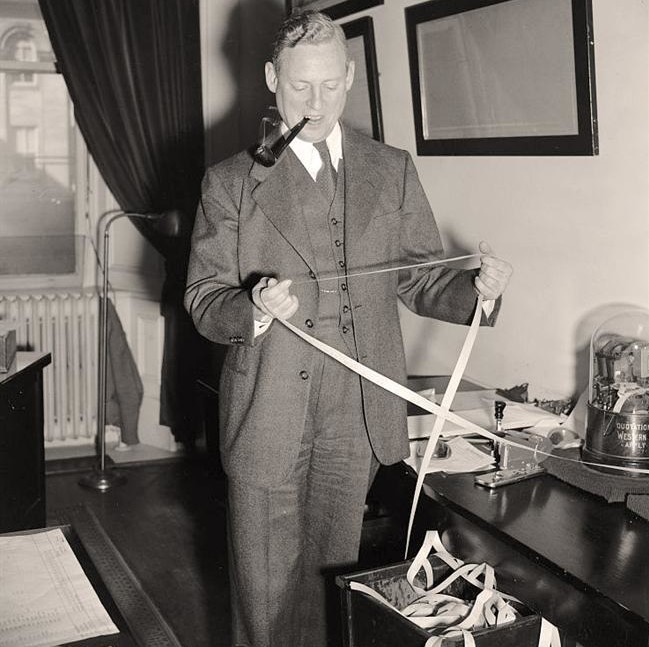Prelude to layoffs in the media industry (and all others) is the influx of efficiency experts and consultants. Conde Nast employees are preparing for just such a plague of analysts, in which each of them will have to account for every hour of their day. Scary for them that they’ll be quantified, even if in such a quaint, old-fashioned way.
The new normal is, of course, to let algorithms measure us at work and, ultimately, at home. Human management in all levels of business is so godawful, plagued by pettiness, bias and incompetence, it’s valid to ask whether algorithms could really do a worse job. Maybe not. But you know when a supervisor is messing with you, and you can appeal to a sense of fairness, even if that’s sometimes futile. It’s really difficult to argue with computer code, which can certainly contain its own biases. In fact, they almost certainly do. Further, there’s no way current AI can truly judge the dynamics of office space, the little things that go into making a company successful or even just a pleasant place to be, something important to us if not our silicon brothers and sisters.
In a smart Aeon essay, Frank Pasquale wonders about the quiet insinuation into our lives of this next-level judge, jury and executioner. He has more hope than I do that these new tools of accountability will themselves be held accountable. An excerpt:
The infancy of the internet is over. As online spaces mature, Facebook, Google, Apple, Amazon, and other powerful corporations are setting the rules that govern competition among journalists, writers, coders, and e-commerce firms. Uber and Postmates and other platforms are adding a code layer to occupations like driving and service work. Cyberspace is no longer an escape from the ‘real world’. It is now a force governing it via algorithms: recipe-like sets of instructions to solve problems. From Google search to OkCupid matchmaking, software orders and weights hundreds of variables into clean, simple interfaces, taking us from query to solution. Complex mathematics govern such answers, but it is hidden from plain view, thanks either to secrecy imposed by law, or to complexity outsiders cannot unravel.
Algorithms are increasingly important because businesses rarely thought of as high tech have learned the lessons of the internet giants’ successes. Following the advice of Jeff Jarvis’s What Would Google Do, they are collecting data from both workers and customers, using algorithmic tools to make decisions, to sort the desirable from the disposable. Companies may be parsing your voice and credit record when you call them, to determine whether you match up to ‘ideal customer’ status, or are simply ‘waste’ who can be treated with disdain. Epagogix advises movie studios on what scripts to buy, based on how closely they match past, successful scripts. Even winemakers make algorithmic judgments, based on statistical analyses of the weather and other characteristics of good and bad vintage years.
For wines or films, the stakes are not terribly high. But when algorithms start affecting critical opportunities for employment, career advancement, health, credit and education, they deserve more scrutiny.•
Tags: Frank Pasquale

